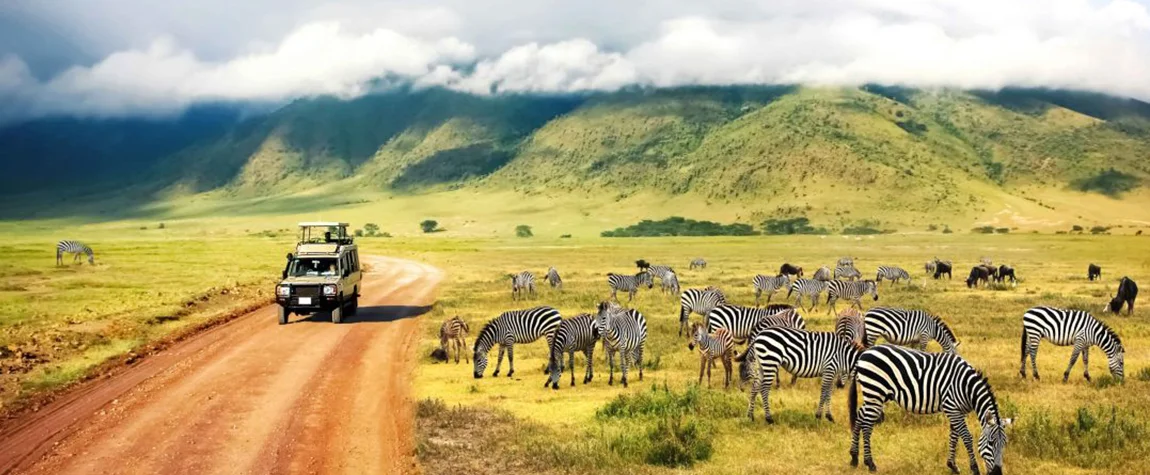Dr Ladislaus Chang’a, Acting TMA Director General.
By The Arusha News Reporter
Th e Tanzania Meteorological Authority (TMA) has predicted weaker and delayed short rains (vuli) across northern Tanzania this year, warning that most parts of Arusha, Kilimanjaro, Manyara and Tanga will experience normal to below-normal rainfall between October and December, 2025.
According to the latest seasonal outlook, the rains, which usually begin in October, are now expected to start in early to mid-November, arriving later than usual. The forecast indicates uneven and poorly distributed rainfall with long dry spells likely between rainy episodes.
TMA projects that rainfall may increase slightly in December but the overall season will remain hotter than normal, especially in the northern highlands and coastal areas. The ‘vuli’ rains are anticipated to end by January 2026.
Meteorologists attribute the weaker rains partly to the waning effects of El Niño conditions in the Indian Ocean which have disrupted normal moisture flows into East Africa.
“Farmers are advised to plan cautiously and follow short-term forecasts closely as isolated heavy showers may still occur despite the general outlook,” said Dr Ladislaus Chang’a, Acting TMA Director General in a statement.
Regional and district officials have been duly advised to help guide agriculture, livestock and transportation as well as tourism and water management activities. Experts note that a late and weak ‘vuli’ could affect early planting of maize and beans in many areas while pastoral communities could face limited pasture regeneration.
Most national parks and popular destinations will remain drier for longer than usual, creating easier road access and clearer wildlife viewing but higher than normal risk of bush fires due to spiked temperatures.
Tour operators and lodges a r e e n c o u r a g e d t o e n s u r e proper hydration for guests and maintain safety measures for outdoor excursions. TMA and agricultural experts urge farmers to adopt climate-smart and riskaverse farming practices during this uncertain season. They are also encouraged to harvest and store rainwater for supplementary irrigation and to stay updated with TMA’s short-term forecasts through radio and mobile alerts.
Meanwhile, farmers are cautioned not to plant large acreages before steady rains begin, rely entirely on rainfed agriculture and to avoid burning crop residues or clearing vegetation unnecessarily as that could worsen soil dryness and erosion.
Furthermore, residents have been encouraged to use water wisely and ensure proper storage for household use. They are also advised to take care of their health during the hot spell by staying hydrated, protecting themselves from excessive sun exposure and maintaining hygiene standards as water sources may become strained.
Households relying on small gardens and keeping livestock should plan ahead for possible water shortages and seek updates from local authorities on weather and water supply conditions. Authorities have also been urged to strengthen community awareness and early warning systems to minimise the impacts of prolonged dry spells and heat stress.



